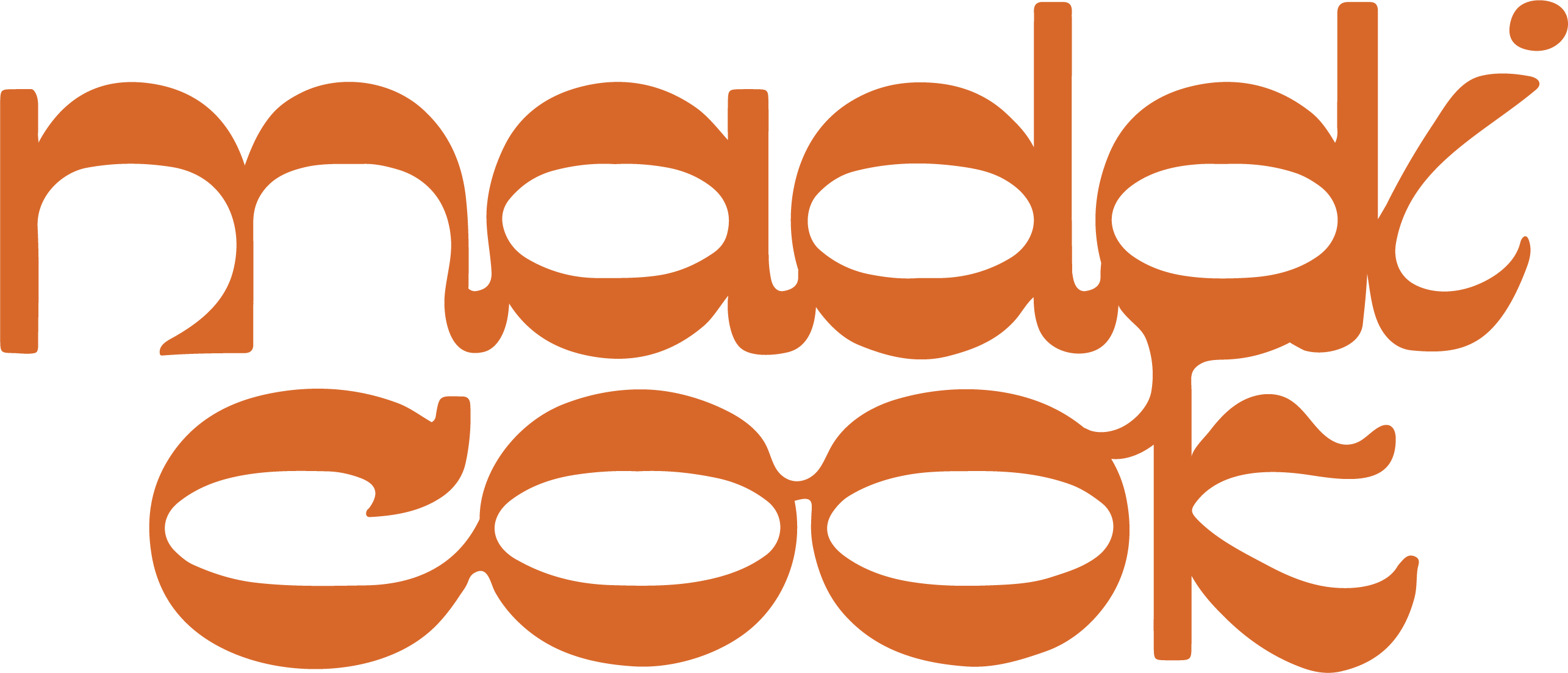Imposter Syndrome - What is it and how do we overcome it?

I posted a poll onto my Instagram stories recently, asking my followers if they suffer from imposter syndrome and this was the result:

I had so many messages from Bosses telling me that they feel like a fraud, are crippled by perfectionism and find themselves constantly comparing themselves and their work to other people online.
You can see in the story above what the characteristics are of imposter syndrome, do any of them resonate with you?
What Imposter Syndrome Looks Like:
Something good happens: 'that must be a fluke, or caused by something/someone external to me, I didn't do this'
Something bad happens: 'this is all my fault, I'm the problem'
There are said to be 5 different 'imposter personas':
The Perfectionist
These people are never satisfied and always feel they could do better.
The Superhero
They feel inadequate and so are compelled to push themselves as hard as possible.
The Expert
The expert is always trying to learn more, they're never satisfied with their level of understanding. Even though they’re highly skilled, they still under-rate their own expertise.
The Natural Genius
These people set excessively lofty goals for themselves and often feel crushed when they don’t succeed on their first try.
The Soloist
This person tends to be individualising and prefers to work alone. Their self-worth often stems from their productivity so they often reject offers of assistance.
Do any of these ring true for you?
I then hosted a Clubhouse room last week where I had a brilliant discussion about imposter syndrome with some awesome panellists. I wanted to share some tips in a blog that came up from the panellists and speakers.
Multi award winning celebrity barber and coach, Chris Foster, shared his wildly inspiring personal story with us. where he talked about his beginnings charing £7 for a cut, to his now celebrity clientele who pay upwards of £1,000! He overcame his own imposter syndrome by 'taking imperfect action' every single day.
Chris had his eyes on the prize and took a step toward it every single day, whether it was a mighty stride or a wobbly baby step.
Cosmetic and medical tattooist queen Sarah Gibb shared a great strategy that she learned, which helped her to overcome moments of imposter syndrome in her own career. Sarah suggests listing your areas of skill, knowledge and expertise and ranking them each 1-10 (1 being you're a total novice, and 10 meaning you're the best in the worlds. If you put a 10, you might be kidding yourself ("you're not Yoda!", Sarah wittily reminded us).
She said to then go through each score and add 1, "Since we are usually our worst critics!".
Think about where you are now compared to when you first began your career, and think about what steps you need to take to progress through the scale. What are your strengths? What is your magic that brings clients back time and time again?
We then spoke to Tom Wright, a freelance photographer and self-proclaimed 'helpful nerd' (he really is as well!). Tom blew our listeners' minds with some mega helpful tips and recommendations for Instagram (since this seems to be the best platform to share our work, but frustratingly the one that also makes our imposter syndrome feel worse than ever!
Tom reminded us that Instagram's sole objective is to keep users on the app (since the more scrolling they do, the more ads can be put in their feed and the more ad revenue they get from businesses trying to sell to you). This is why sometimes the most brilliant work that we do - where the lighting is perfect, the technical skills are insane and there's no hair out of place, sometimes feel like they bomb in terms of engagement - the viewer simply sees it, thinks 'that's nice' and then scrolls on by.
Tom brought us back to Earth by reminding us what's actually important, which is delivering a great service to our clients (likes don't pay the bills amirite?). So if you've spent lockdown texting your die hard clients to check in with them, rather than being a content machine banging out posts, reels, IGTVs and storied evert day, then guess what, that's absolutely fine and will be just as good (if not better), for your business.
The overall feeling from myself and my guests was this:
Feel the fear and do it anyway.
The time might never feel right - but the quicker you do it, the quicker you can learn, correct and improve.
You might never feel 100% confident - but you are human and people will connect with that.
Yes, you will absolutely hate your voice on video - but guess what? It's you and your clients will bloody love it.
How does imposter syndrome show up for you? Do you have any tips to help overcome it? I'd love to hear!
Join my free Facebook group HERE and let me know your thoughts.
Maddi x

0 comments
Leave a comment
Please log in or register to post a comment